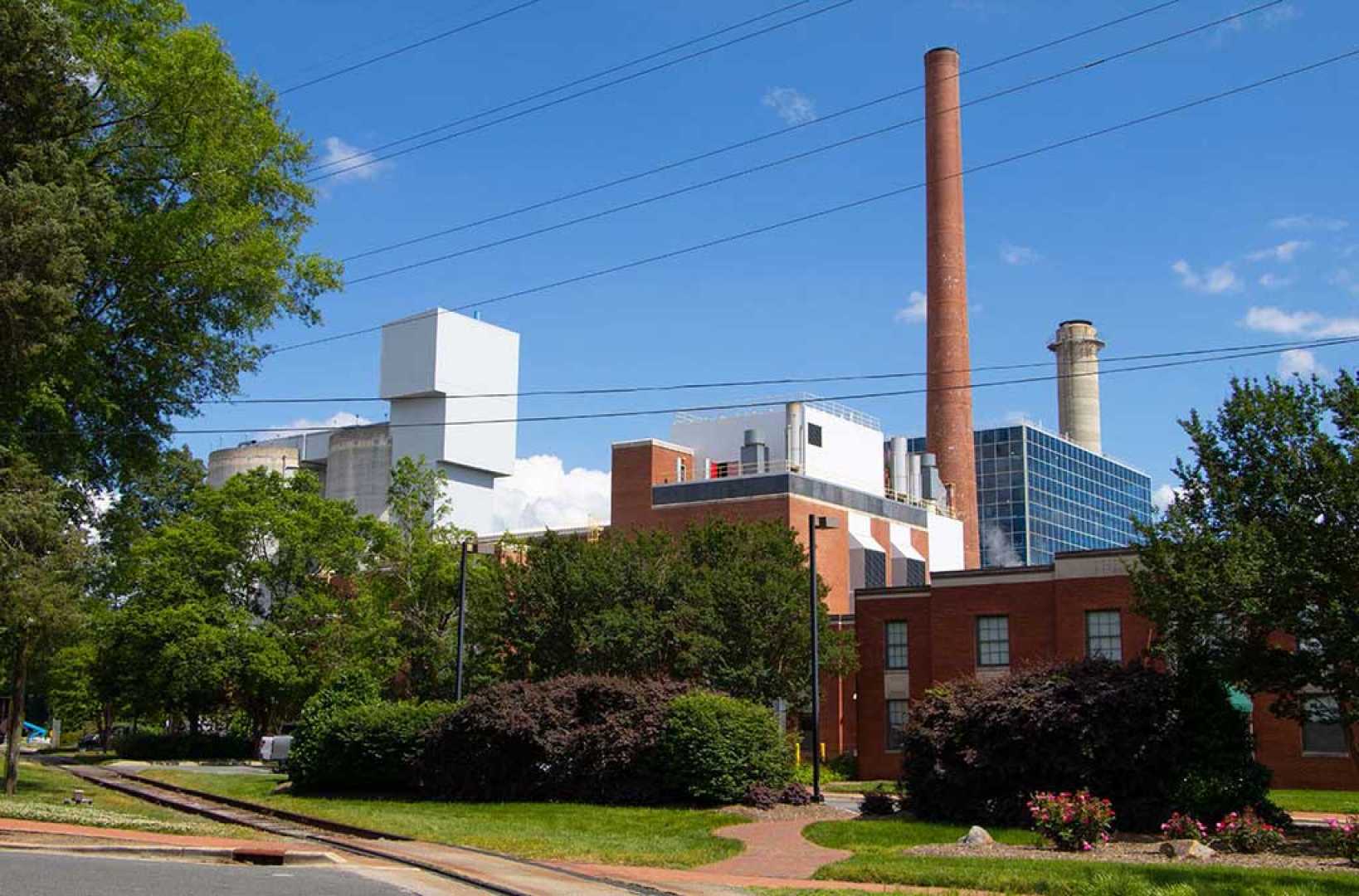UNC-Chapel Hill Faces Backlash Over Proposed PFAS-Containing Fuel Pellets

CHAPEL HILL, N.C. — Dozens of community members voiced strong opposition Thursday during a public hearing on a proposed modification to the University of North Carolina at Chapel Hill’s air quality permit. The change would allow the university’s cogeneration plant to burn fuel pellets made from plastic and paper waste, which contain perfluoroalkyl and polyfluoroalkyl substances (PFAS), chemicals linked to environmental and health risks.
The hearing, hosted by the North Carolina Department of Environmental Quality’s Division of Air Quality, drew a packed crowd to Chapel Hill Town Hall. Attendees filled nearly every seat, with overflow rooms also reaching capacity. Speakers, including students, researchers, and environmental advocates, expressed concerns about the potential health and environmental impacts of the proposed fuel source.
“I’m just so angry that these pellets are even being considered. It’s so sad that this technology is what we are turning to now,” said Lucy Safir, a junior at Chapel Hill High School. “I might die from cancer because of these emissions or whatever else is going to come up in my future.”
The cogeneration plant, located on Cameron Avenue in a residential area, currently burns coal and natural gas to produce steam and electricity for the campus. The proposed fuel pellets, engineered by Wisconsin-based Convergen Energy, are made from industrial waste containing PFAS, which are known to persist in the environment and accumulate in human bodies.
Susannah Tuttle, a former UNC sustainability researcher, criticized the proposal, stating, “Although UNC is finally, decades later, proposing a pathway to transition away from coal, burning a pellet made from pre-consumer industrial paper and plastic waste products should not be considered an acceptable fuel source alternative.”
Environmental justice concerns were also raised, with several speakers noting that the plant disproportionately affects nearby minority communities. “This is an environmental justice issue, with the burning being situated near two historically Black neighborhoods within just one mile of the plant,” said Kristen Cowan, a UNC doctoral student. “This is a harm that has persisted with the coal plant due to the acceptance of environmental racism in our community.”
Matthew Spaulding, a former air quality consultant, was one of the few speakers to acknowledge the challenges of finding viable alternatives. “While I would love to see UNC move towards greater solutions and renewable energy sources, I can appreciate the financial reality and how hard that is,” he said.
In a statement, UNC Media Relations said the university is committed to exploring new technologies and fuel options. “This latest permit modification request to test engineered fuel pellets from Convergen Energy is one step in this process,” the statement read. The university also noted that additional data will be available after testing is completed.
The public comment period for the draft permit closes Thursday. Comments can be submitted via email to [email protected] or by leaving a voicemail at (919) 707-8448. The Department of Environmental Quality will weigh public feedback before making a final decision.
